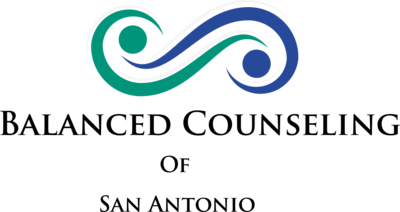When to Worry: Recognizing Signs of Trauma in Your Loved Ones
Over the past several years, there have been numerous traumatic events all across the country. From incidents of mass violence to devastating natural disasters, hundreds of thousands of Americans have experienced or witnessed a disastrous or life-threatening event. In addition to tragedies such as these, anyone who has experienced a shocking or dangerous incident (such as a car accident or a robbery) is at risk of developing Post Traumatic Stress Disorder (PTSD).
PTSD is a serious mental disorder that requires medical treatment. PTSD can have devastating effects on every aspect of a person’s life, from their marriage and family, to their friendships and career. If you’re concerned that a loved one may be suffering from PTSD, here are some signs to look out for.
Reliving the Trauma
Someone with PTSD will have repeated, involuntary re-experiences of the event. They may experience bad dreams or flashbacks. They’re also vulnerable to certain triggers that remind them of what happened, such as sounds or smells.
Angry Outbursts
Someone silently suffering from trauma may be prone to anger, agitation, or sadness. Feeling irritable, the sufferer may be prone to outbursts of anger that they can’t control. If you’ve noticed your loved one frequently losing control and lashing out in anger, this is a sign that they’re suffering emotionally and require treatment.
Withdrawal
People suffering from PTSD will avoid people and situations that are reminders of the situation. As the victim continues to isolate themselves, how their friends and family react to their withdrawal will likely further isolate them, causing additional emotional distress.
Substance Abuse
It’s not uncommon for people with PTSD to self-medicate. Seeking an escape from high levels of stress and difficult emotions, they may turn to drugs or alcohol. The painful trademark of substance abuse is the growing need for more of the drug to produce the same high. If left untreated, as substance abuse grows, the abuse will turn to addiction and eventually dependence. This can have devastating effects on every facet of a person’s life.
If you’re concerned that a loved one is experiencing symptoms of trauma, the most important think you can do is encourage them to seek professional diagnosis and treatment as soon as possible. You can help by contacting offices and vetting therapists on their behalf, and volunteer to take them to an appointment. Assure them of your love and support throughout the process.
For additional guidance and recommendations from a licensed professional, call my office today.
The post When to Worry: Recognizing Signs of Trauma in Your Loved Ones appeared first on Balanced Counseling of San Antonio.



Schedule An Appointment Now
Contact Us
We will get back to you as soon as possible.
Please try again later.
Fax: (210) 941-0886
7272 Wurzbach Rd, Suite 203
San Antonio, TX 78240


